As delegates from around the world gather in Geneva, Switzerland from August 5-14, 2025, the stakes could not be higher for what some consider humanity's last best chance to address one of the most pervasive environmental crises of our time. The negotiations at the fifth session of the Intergovernmental Negotiating Committee known as INC-5.2 could determine whether a legally binding United Nations treaty on plastic pollution will be finalized.
The Stakes
These negotiations take place as plastic pollution has reached extreme levels in the world, due to rising annual plastic production and use. Annual plastic production stands at 460 million metric tons while environmental contamination reaches 20 million tons. These statistics show how the world fights to control a pollution problem which affects land and water environments at equally high levels of destruction.
The proposed treaty proposes new methods to fight plastic pollution; it establishes a complete framework to manage plastics by controlling all phases from manufacturing and product development through market usage until disposal and waste disposal practices. Some scientists claim that comprehensive solutions like these are needed to treat plastic pollution at its roots rather than trying to fight the symptoms.
Advocates argue that inaction would also lead to enormous economic consequences. The world could generate 1.7 billion metric tons of plastic waste per year according to projections if plastic waste continues to accumulate without change. The economic cost of dealing with this waste could total $281 trillion according to estimates.
The developments from previous months have given treaty supporters both positive signs and worrisome ones. The previous negotiation session produced a 22-page 'Chair's text' which included 32 draft articles for building the treaty foundation that negotiators will use in their upcoming discussions. More than 95 nations endorsed the 'Nice Wake-Up Call' statement which calls for a binding treaty that includes mandatory production restrictions together with toxic chemical prohibitions while showing strong political backing for aggressive environmental action.
Competing Visions
The current plastic pollution negotiations show significant philosophical and economic differences between nations which split them into two opposing camps with opposing strategies for plastic pollution solutions. The opposing positions of different nations have made it difficult to reach consensus and the Geneva talks carry immense importance.
The High Ambition Coalition which unites more than 100 nations from Europe along with Africa and Pacific Island states and Latin America supports detailed legal measures to combat plastic pollution. Countries such as Australia and Norway lead the coalition to seek worldwide production limits on plastics as well as scheduled prohibitions on toxic plastic items and chemicals together with requirements for earlier reduction measures. The coalition defends three fundamental positions regarding plastic pollution regulation which include legally enforceable production restrictions as the only effective method to combat source pollution instead of treating symptoms and they warn about rising costs which hurt vulnerable countries and advocate for robust environmental protections for small island and coastal states who bear the brunt of pollution effects despite contributing little to the problem. These nations also push for decision-making reforms that would allow majority voting to prevent a minority of countries from vetoing ambitious measures. They argue that weak voluntary measures would fundamentally undermine the UN mandate to "end plastic pollution" and represent a missed opportunity for the kind of systemic change the crisis demands.
In stark contrast stands a smaller but far more economically powerful group of major plastic-producing countries, including Saudi Arabia, Russia, China, Iran, India, Brazil, and notably, the United States. This bloc prefers a voluntary, non-binding agreement focused primarily on improving waste management and recycling infrastructure rather than limiting plastic production or banning chemicals. Their opposition to global production caps stems from economic, industrial, and sovereignty concerns that reflect different priorities and perspectives on international governance.
These countries argue that plastics are essential to their economies and industries, and that hard caps would damage jobs, innovation, and development—particularly in the Global South and energy-producing nations. They contend that voluntary targets on recycling and improved waste systems are more realistic and respect national differences in capacity and priorities. Fundamentally, they oppose external mandates that they view as infringing on national policy-setting authority and economic planning sovereignty.
The United States occupies a particularly nuanced position within this debate. While officially supporting an agreement focused on "reducing plastic pollution, not stopping use of plastics," American policy indicates openness to some reduction measures but firm rejection of strict global production caps. This stance echoes concerns about economic risk and sovereignty while some U.S. lawmakers and states advocate for stronger measures and encourage international ambition outside the UN framework if negotiations stall.
Industry stakeholders, particularly petrochemical and plastics manufacturers, vehemently oppose mandatory production caps as existential threats to their business models. They advocate for solutions centered on recycling, "circular economy" principles, and technological innovation, warning that drastic cuts would stifle economic growth and disrupt global supply chains. Environmental campaigners, scientists, and NGOs counter that voluntary action and recycling have demonstrably failed, arguing that only systemic reduction can achieve the global environmental efficacy the crisis demands.
The Path Forward
The fundamental disagreements over the treaty's scope and enforcement mechanisms have created a complex landscape of potential outcomes, none of which can be taken for granted as delegates enter what may be the final decisive round of negotiations.
The most significant procedural battle centers on decision-making mechanisms. Some countries have employed procedural delays and insisted on consensus for all decisions, effectively granting veto power to any nation opposed to ambitious measures. This approach has slowed progress and raised concerns about producing a watered-down treaty that satisfies the lowest common denominator rather than addressing the crisis's urgency.
If consensus proves impossible, several alternative pathways are emerging. Some ambitious countries are preparing to form a "coalition of the willing" or "plastic club" outside the UN framework, potentially creating separate pacts and inviting others to join later. This approach could see strong standards set by willing nations that might eventually attract broader participation as the benefits become apparent.
The sticking points remain profound and clearly delineated. On plastic production caps, the High Ambition Coalition demands mandatory global limits while plastic producers oppose any caps, preferring voluntary measures or none at all. Regarding chemical bans, ambitious countries want strong prohibitions on toxic substances while the opposing bloc rejects outright bans, supporting at most case-by-case evaluations. On enforcement, one side seeks legally binding global-level commitments while the other insists on voluntary, national-level implementation.
Perhaps most critically, the coalitions differ fundamentally on decision mechanisms, with ambitious countries willing to accept voting procedures if consensus fails, while major producers insist on maintaining full consensus requirements that effectively preserve their veto power over unwanted regulations. The direction taken at Geneva will establish whether the world will develop a substantial international response to plastic pollution or if it will break into separate regional and bilateral initiatives. The inability to achieve consensus might force negotiations to exit UN structures completely which would create multiple disconnected standards and commitments that would probably be less effective than a single worldwide system.
The upcoming negotiations represent the last chance for drafters to establish a complete response to plastic pollution so they must overcome these essential disagreements at this critical time. The outcome will decide how the world handles its most critical environmental issue while proving the ability of the international community to work together on universal global issues that cross national boundaries.




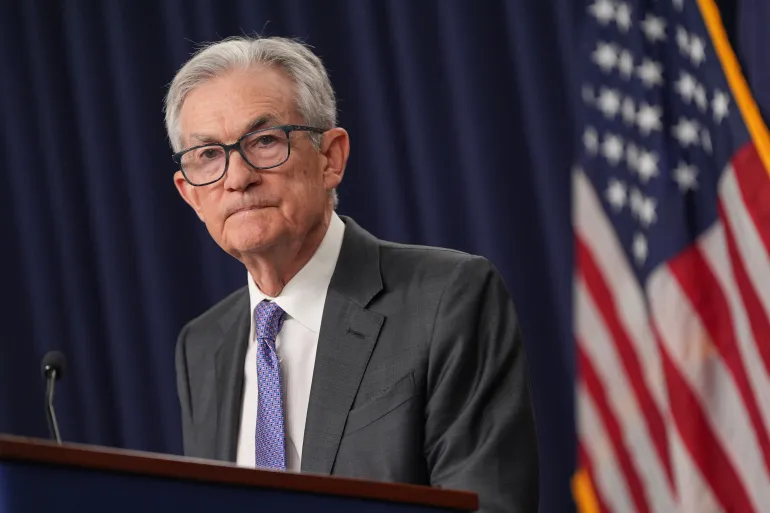
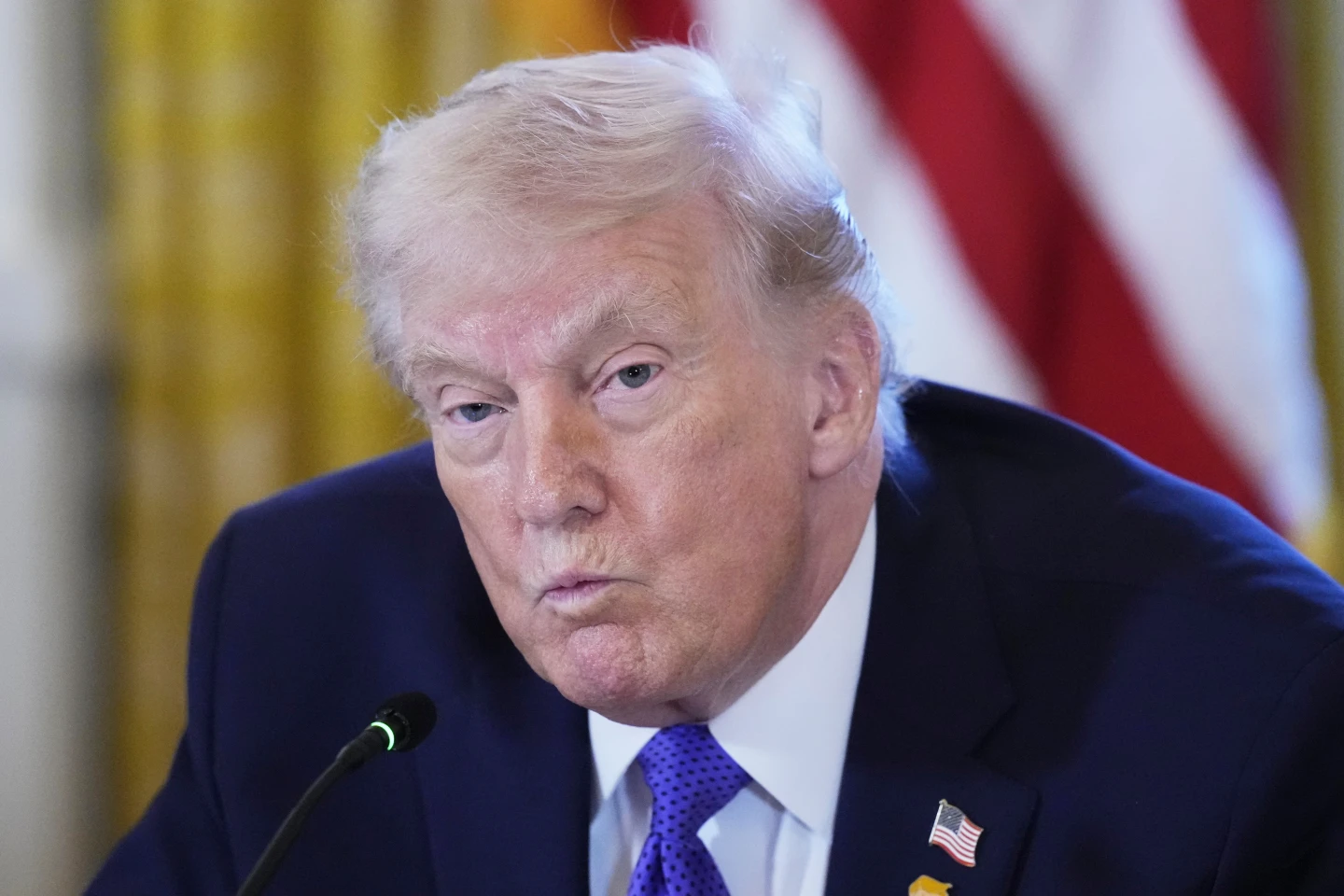
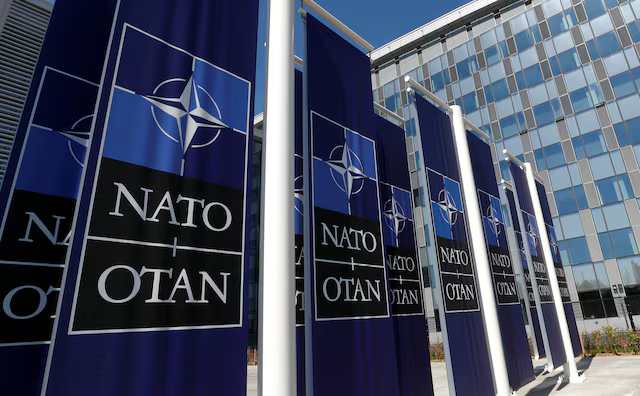
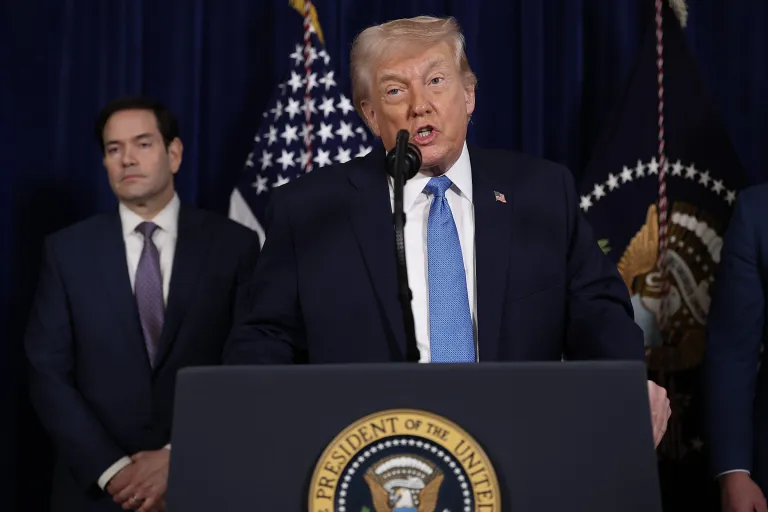
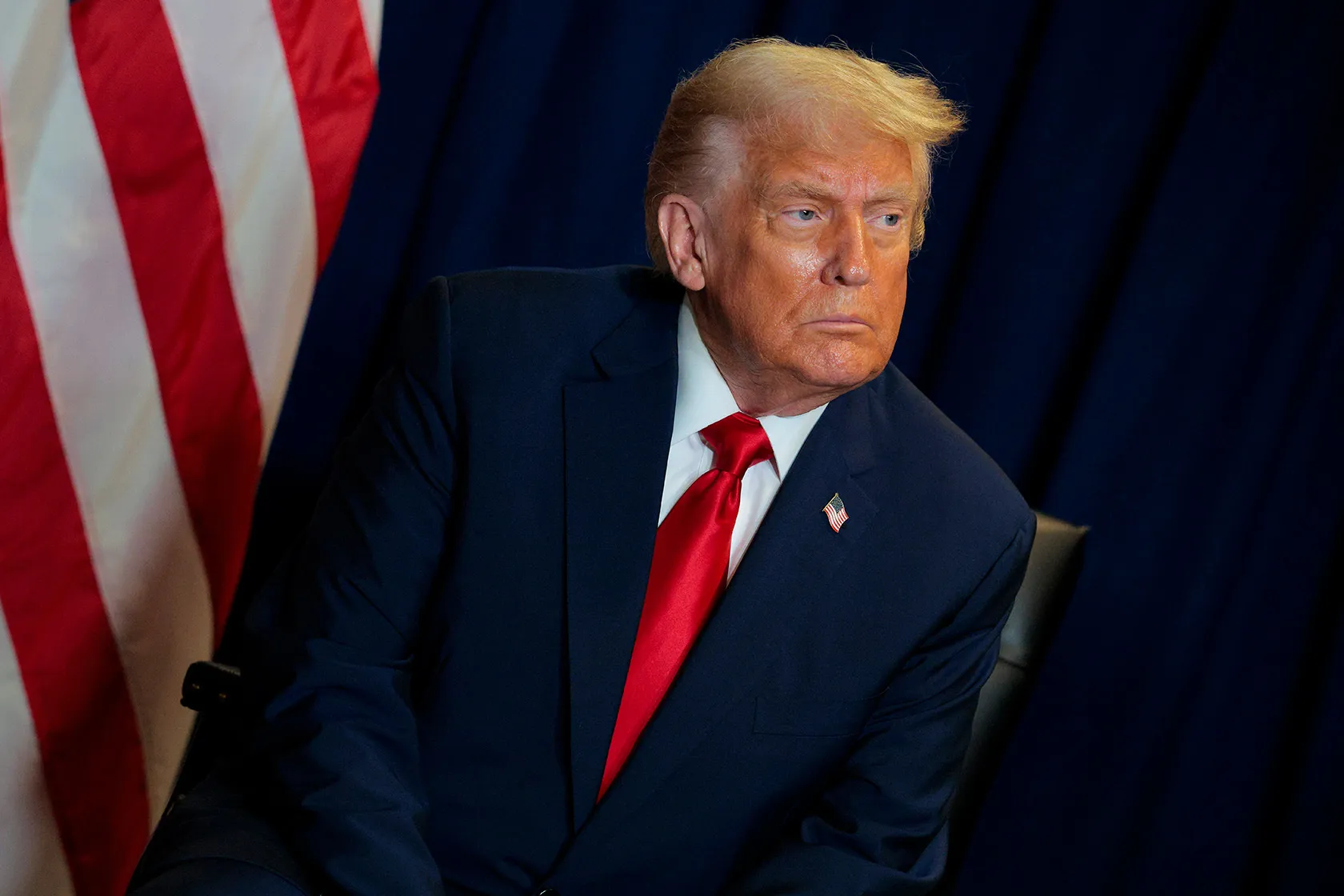
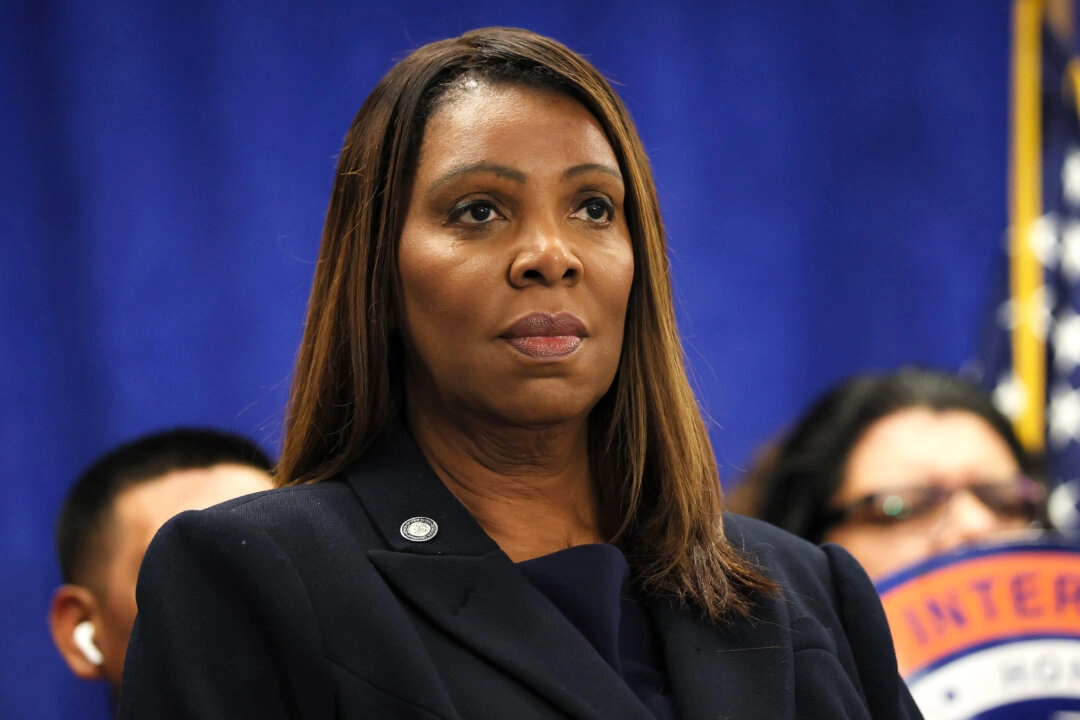
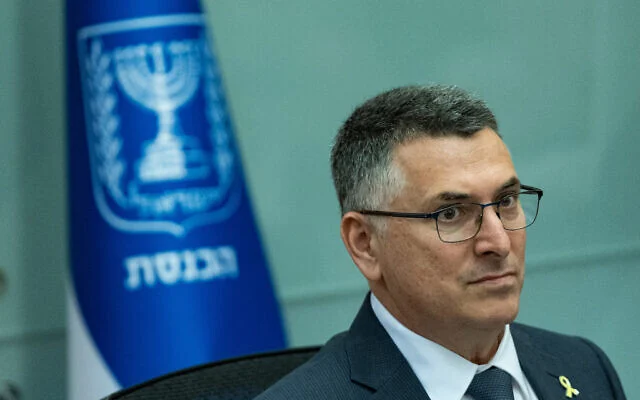
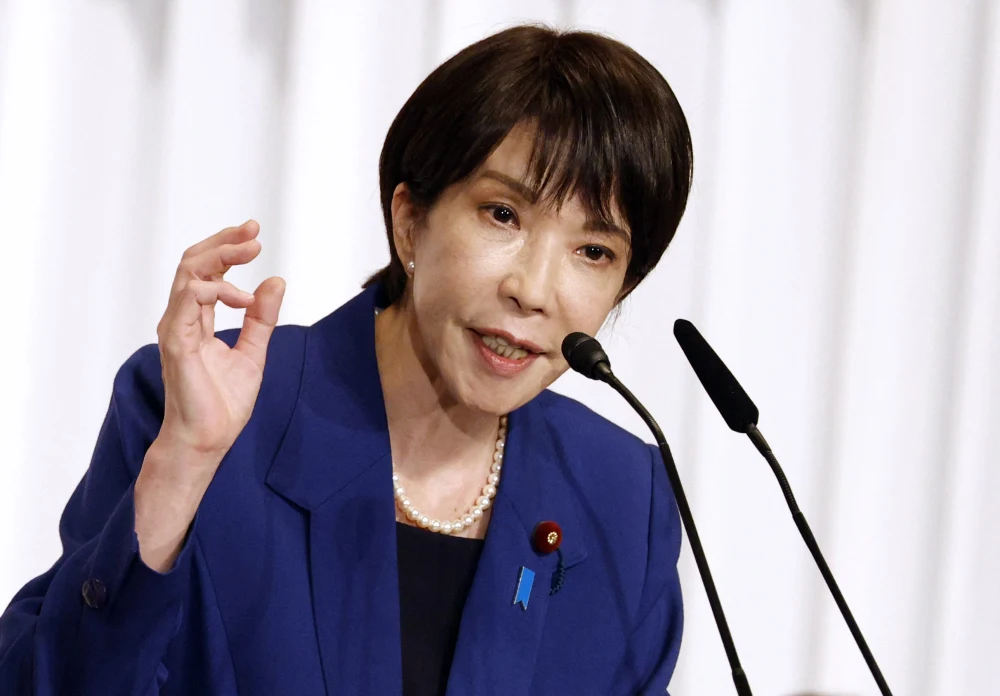
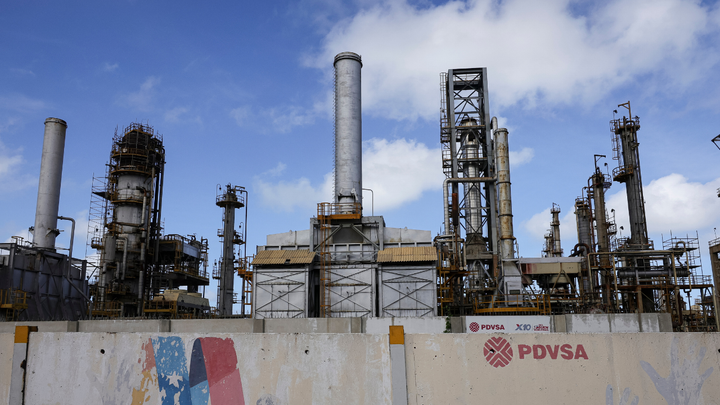
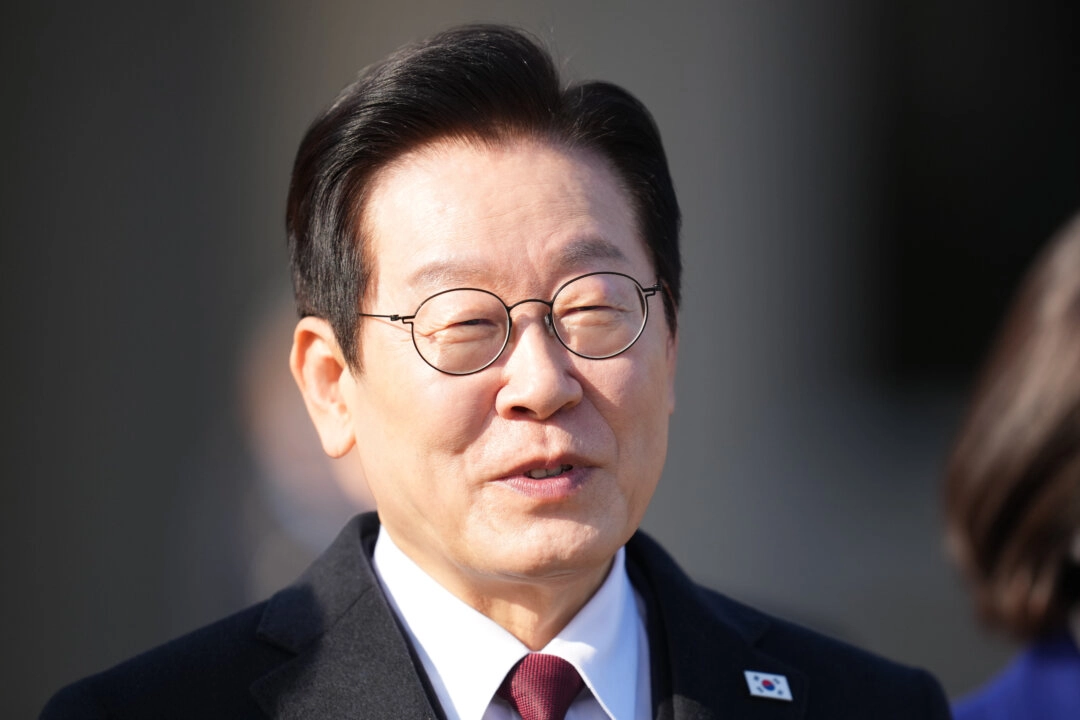
Discussion